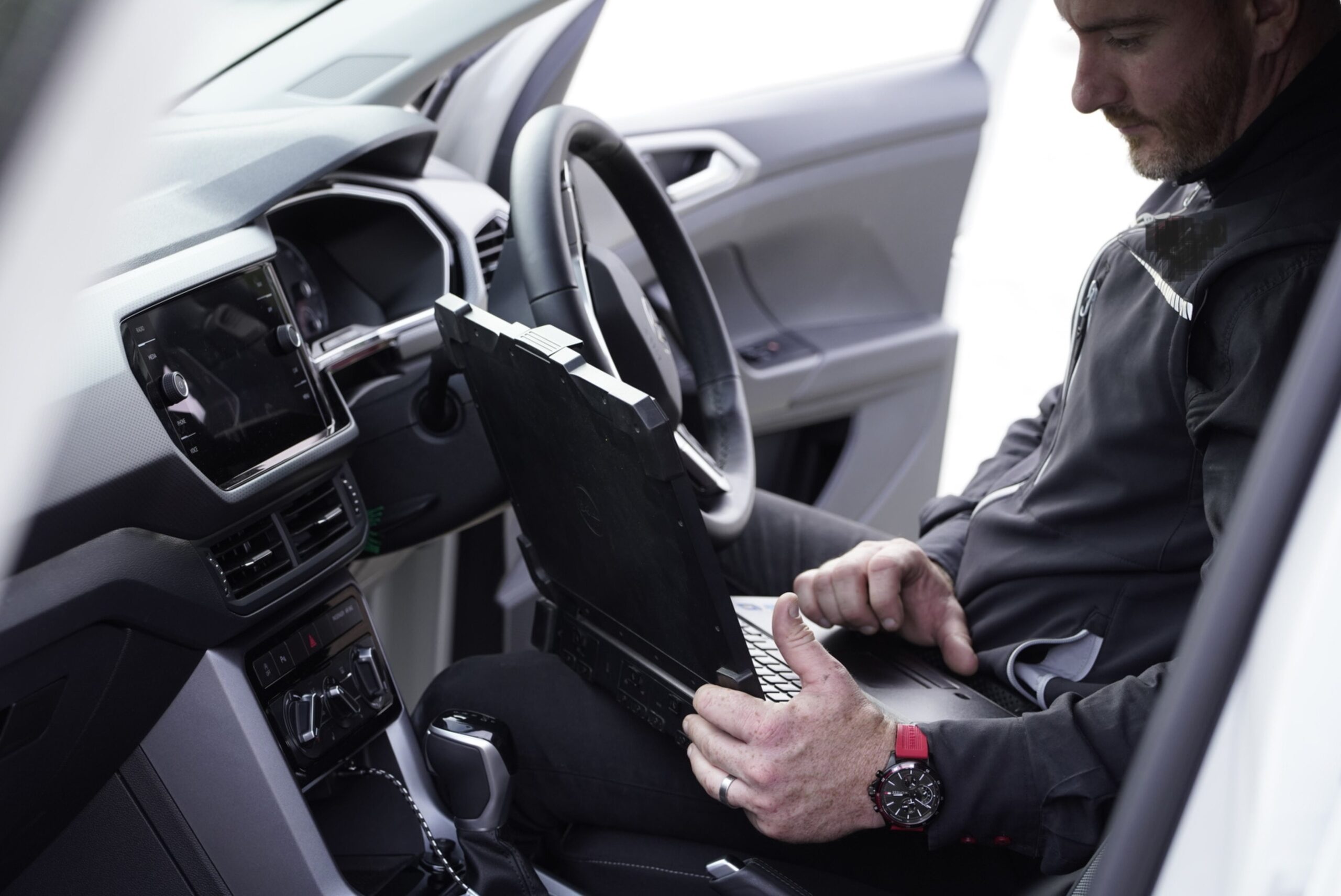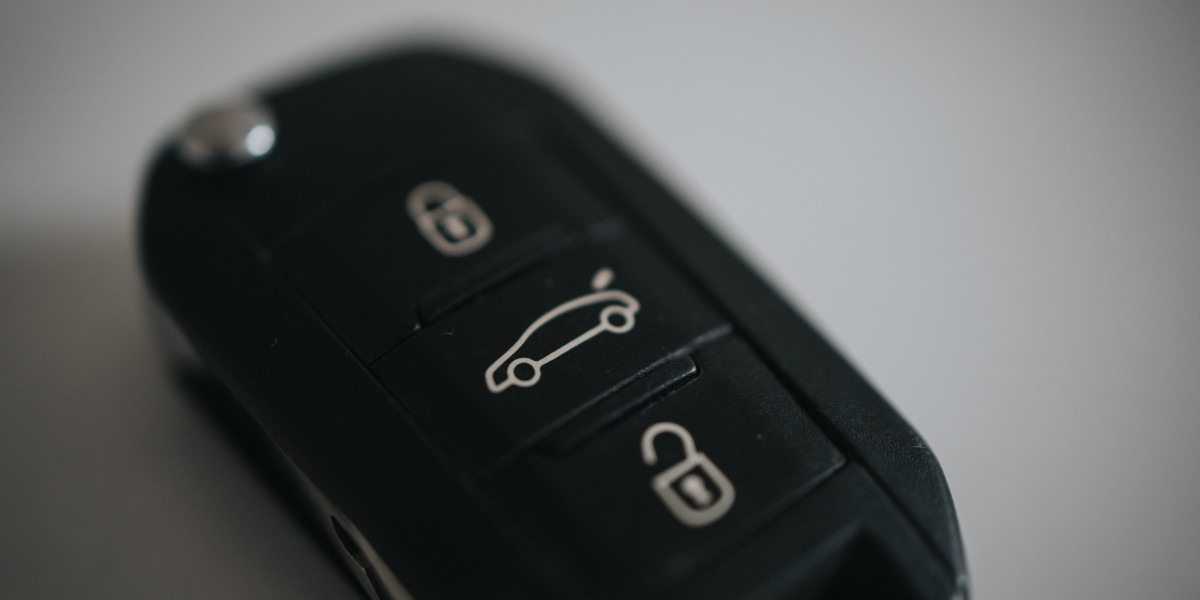
Understanding Ignition Key Replacement: A Comprehensive Guide
In today's hectic world, where autos are an essential part of day-to-day life, losing or damaging the ignition key can cause substantial trouble. Ignition key replacement is a procedure that numerous vehicle owners deal with at some point. This post supplies an extensive look at ignition key replacement, kinds of keys, the procedure involved, and responses to regularly asked questions.
What is an Ignition Key?
An ignition key is a little metal object created to run the ignition system of an automobile. It enables the chauffeur to start the car's engine, and in many modern-day vehicles, it also offers access to additional functions, such as locking and opening doors and triggering security systems.
Types of Ignition Keys
There are numerous kinds of ignition keys, each with special features and mechanisms. Comprehending these differences can help vehicle owners know what to expect when replacing ignition keys.
1. Traditional Car Keys
Traditional keys are easy metal keys cut to fit a specific ignition cylinder. This kind of key is the a lot of fundamental and is typically discovered in older cars.

2. Transponder Keys
Modern cars often come equipped with transponder keys that have a small microchip embedded within them. This chip sends out a signal to the car's ignition system, ensuring that only the appropriate key can start the engine. Transponder keys supply added security however can be more costly to replace.
3. Switchblade Keys
Switchblade keys are a hybrid of conventional and transponder keys. They feature a collapsible design that withdraws into the key fob. When needed, the key turns open, looking like a switchblade knife. This style is both compact and stylish.
4. Key Fobs and Smart Keys
These are the most advanced ignition keys. Key fobs usually include both ignition and remote control functions that enable the motorist to unlock doors and start the engine without inserting a key (keyless entry and start). Smart keys make use of proximity sensors to discover the key fob within a certain variety, allowing push-button start performance.
The Ignition Key Replacement Process
Replacing an ignition key can vary in complexity depending upon the kind of key and the vehicle's make and design. However, the general process is detailed listed below:
Step-by-Step Guide to Ignition Key Replacement
Report the Lost Key: If the key is lost or stolen, it is crucial to report it to regional authorities and inform your insurer.
Collect Necessary Information: The vehicle owner ought to gather all appropriate information, such as the make, design, year of the vehicle, and vehicle identification number (VIN).
Check out a Locksmith or Dealer: Choose in between a locksmith focused on automotive keys or a car dealer. Each option has advantages and disadvantages concerning rate and timing.
Supply Proof of Ownership: Regardless of who you approach for key replacement, be prepared to reveal proof of ownership, such as the vehicle title or registration.
Produce a New Key: Depending on the key type, the locksmith professional or dealer will cut a conventional key or program a transponder, key fob, or smart key.
Test the New Key: Once the key is developed, it's crucial to evaluate it to ensure it works seamlessly with the vehicle's ignition system.
Possible Costs Involved
Below is a table highlighting the possible costs associated with ignition key replacement based on the kind of key:
| Type of Key | Average Cost | Key Features |
|---|---|---|
| Standard Key | ₤ 10 - ₤ 40 | Fundamental key, no transponder |
| Transponder Key | ₤ 50 - ₤ 150 | Microchip innovation for improved security |
| Switchblade Key | ₤ 80 - ₤ 200 | Combines conventional key functions with design |
| Key Fob/Smart Key | ₤ 200 - ₤ 500+ | Advanced functionality with keyless entry |
Regularly Asked Questions (FAQs)
1. For how long does it take to replace an ignition key?
The time needed to replace an ignition key can vary, usually ranging from 10 minutes to an hour, depending upon the key type and the service company's abilities.
2. Can I replace a lost key myself?
While developing standard keys can sometimes be made with DIY kits, modern-day transponder and key fob systems normally require specific equipment and programs, making it advisable to seek professional assistance.
3. What to do if I lose my key fob?
If you lose your key fob, it can often be reprogrammed for a charge by a locksmith or dealership, who can produce a new one to ensure that no unapproved celebrations can access your vehicle.
4. Will my insurance coverage cover key replacement?
Many auto insurance coverage offer coverage for lost or stolen keys. It is a good idea to evaluate your policy or contact your insurance provider to verify your coverage details.
5. Exist preventative measures to prevent losing ignition keys?
- Keep spare keys in a secure place.
- Use keychain organizers to minimize the opportunity of misplacing them.
- Consider getting a Bluetooth tracker for your keys.
Ignition key replacement is a crucial aspect of vehicle maintenance that every car owner must understand. Understanding the kinds of ignition keys, the replacement process, and associated expenses can help streamline the experience. Being proactive about key management can considerably minimize the hassle and expense when confronted with the possible loss or damage of an ignition key. Vehicle owners are motivated to keep informed about their alternatives to ensure they are ready need to they ever discover themselves in requirement of an ignition key replacement.








